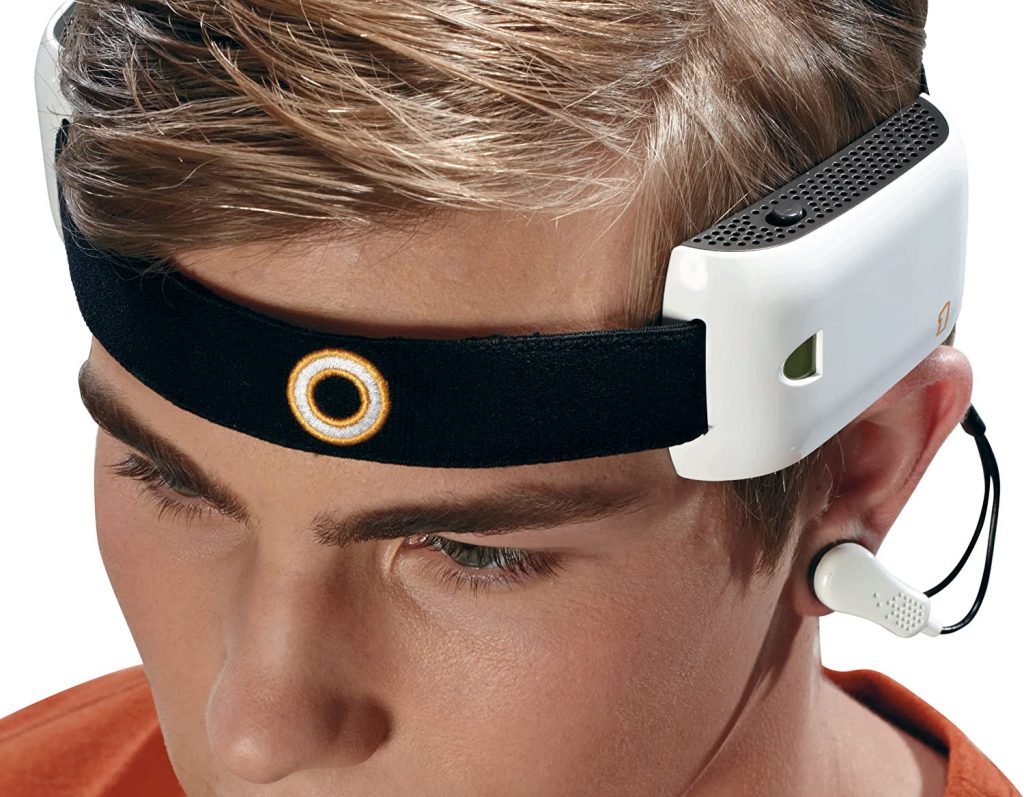
Advancing technology has set the stage for some incredible new gadgets that make life easier, more convenient and a lot of fun. If you think your latest smartphone app is something special, wait until you see how three cool new gadgets are giving consumers and creators the opportunity to utilize their minds in ways many never thought possible.
Google Glass
This amazing eyewear can do almost anything a smartphone can do, including provide access to the World Wide Web for answers to almost any question. Even more amazing, Glass can generate visual displays that augment reality. Don’t know where you are? Ask this amazing piece of Google technology for directions and arrows will appear atop the ground before your very eyes. Don’t know the meaning of an Italian word? Ask Glass and it will speak the meaning right into your ears. Completely hands free, Google’s intuitive augmented reality eyewear also lets you easily take videos and snap pictures, which you can send to any person, regardless of their location on the planet.
Mindflex
Mattel’s mind-boggling mental acuity game lets opponents control tangible objects using just their minds. Competitors place sensors on their foreheads and earlobes, allowing Mindflex to sense brainwaves which it interprets as directions. Strong concentration skills force a floating sphere in the direction of your opponent, who tries to push it in your direction using only his or her mind. It may sound like something from the future; however, this incredible “toy” is already available at local department stores.
eBook Downloads
To the dismay of the publishing houses, e-Readers are quickly changing the way consumers get their books. Additionally, these gadgets have been a godsend to authors, who are now able to use self-publishing platforms to get their novels in front of readers. According to RJ Lawrence who distributes his eBooks download through Amazon.com, this technology has been hugely beneficial to both readers and authors.
“Some of the old guards in the publishing profession say that self-publishing hurts readers by letting low-quality material into the marketplace,” he said. “In the past, agents and publishers acted as filters that supposedly worked to keep bad writers and bad stories off bookstore shelves. In reality, however, I think we can all agree that there were plenty of bad books available to readers long before self-publishing came about. In the end, readers are perfectly capable of keeping bad writing at bay on their own through basic word of mouth and ratings systems.”






overnight cheap androxal
buy androxal generic in us
rifaximin without presciption
cheapest buy rifaximin cheap buy online no prescription
cheapest buy enclomiphene purchase line
buying enclomiphene australia price
kamagra xr en ligne
sans ordonnance kamagra pharmacie emplette contre
purchase flexeril cyclobenzaprine cheap australia
flexeril cyclobenzaprine online no perscription fedex
comprar dutasteride en usa
how to buy dutasteride cheap with prescription
purchase gabapentin cheap info
get gabapentin generic in canada
fildena non prescription fedex overnight free
order fildena generic lowest price
how to order itraconazole canada shipping
buy itraconazole generic online uk
buy cheap avodart cheap europe
discount avodart price uk
cheapest buy staxyn generic london
canadian discount pharmacy staxyn
order xifaxan cost effectiveness
purchase xifaxan cheap next day delivery
objednejte 5 pilulek kamagra
porovnat ceny kamagra ve velkých lékárnách